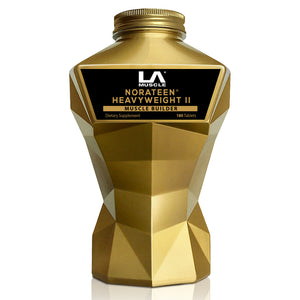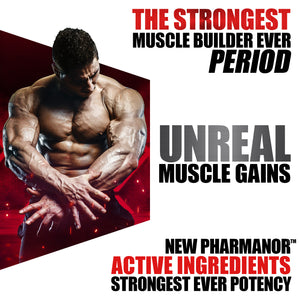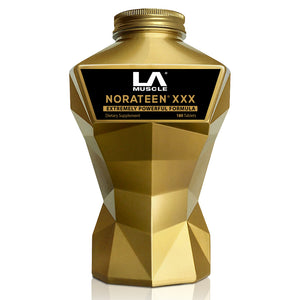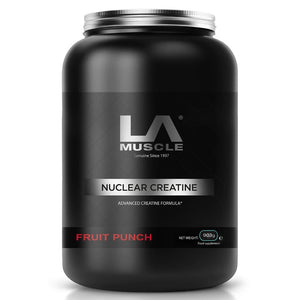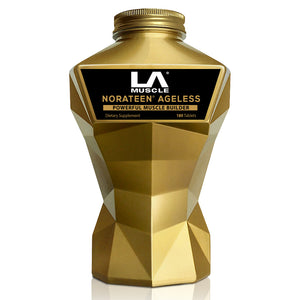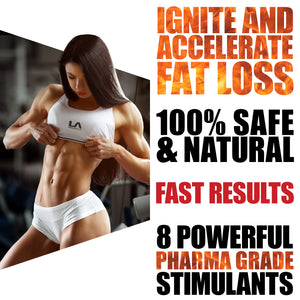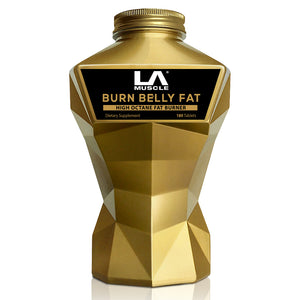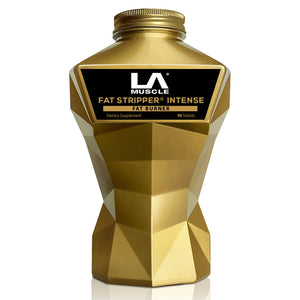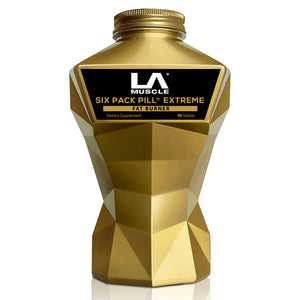
It is scientifically proven and well known to dieticians and nutritionists that not all proteins are the same. Many people are stuck trying to figure out how to identify high-quality protein to boost their diets. Differentiating high-quality protein from regular or incomplete protein is frustrating for many individuals, as there are tons of foods out there advertised as containing high-quality protein but aren't. If this sounds like your situation, don't worry. This article will give you all the information you need concerning high-quality protein.
What exactly is High-Quality Protein?
A high-quality protein is also referred to as “complete protein” and is a function of the following:
- Its biological value: The biological value refers to the level of quality that a protein gives. Proteins sources that contain all the amino acids that your body needs have a high BV.
- Amino acids: a complete or high-quality protein contains all the essential amino acids. These amino acids are the building blocks of complete protein and are necessary for protein-based diets.
- Easily digestible: This describes the process of the breakdown of food in the body that is needed for energy.
The breakdown of any food begins in the mouth when you chew. But protein is unique in this regard. Its digestion starts in the stomach and continues through the small intestine. This digestion of protein is hastened by enzymes in the digestive system that break it down into smaller amino acids. These amino acids are absorbed into the bloodstream and transported to different parts of the body where they are needed.
The body can store amino acids for short periods in an amino acid pool, which it uses for different functions when necessary. This pool is where your body extracts the amino acids needed to build muscle and recover. The entire process may seem straightforward, but it isn't. The reason is that, for your body to extract from the amino acid pool, it must contain all the essential amino acids. And this is where incomplete protein falls short.
High-quality protein has a digestibility score close to 100% - If you consume a high-quality protein, for every 10 grams consumed, your body will absorb 9 grams, and 1 gram is passed as waste.
Why is high-quality protein important?
Protein-rich diets are essential for building healthy muscles. Consuming the right type of protein after intense exercise will help repair damaged fibres. Apart from the release of essential amino acids, high-quality proteins can help you achieve a balance between maintaining a healthy weight and improving muscle strength.
Sources of high-quality protein
Here is a list of foods that are rich in high-quality protein
- Dairy products include whey powder, hard cheese, milk, casein protein powder, yoghurt and cottage cheese.
- Meat: The majority of animal meat contains complete protein, including red meat and poultry.
- Eggs: An egg contains around 6 to 7 grams of protein.
- Fish: salmon, tuna, halibut, tuna, and many more
- Soy: soy is one of the few vegetables that is a source of high-quality protein
- Pork
- LA Whey Gold: LA Muscle’s triple filtered and complete protein



